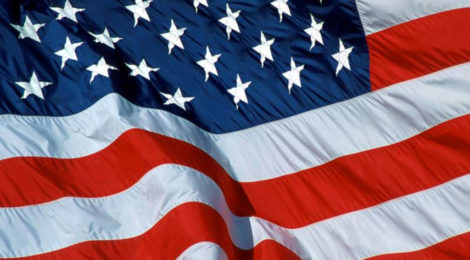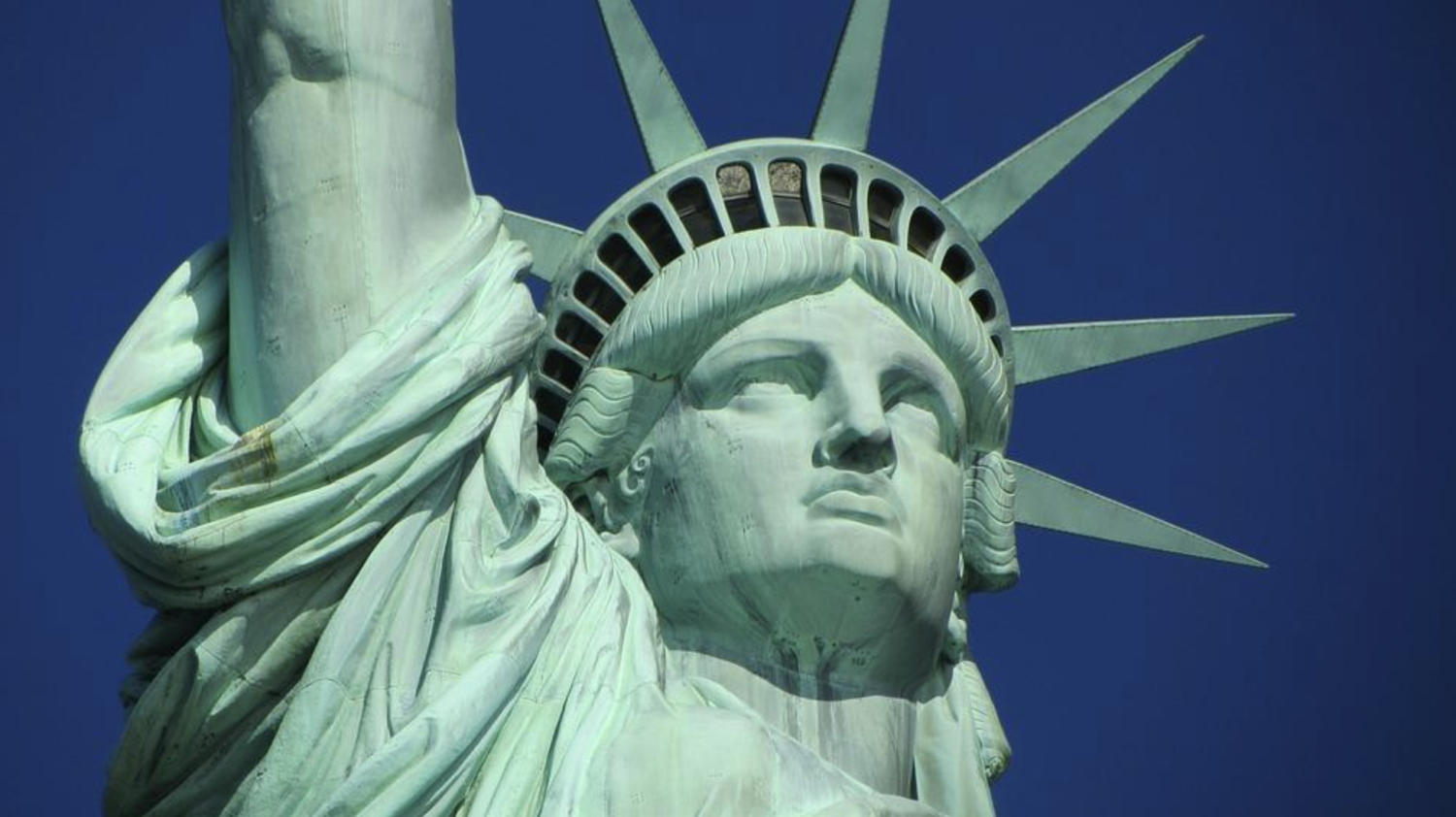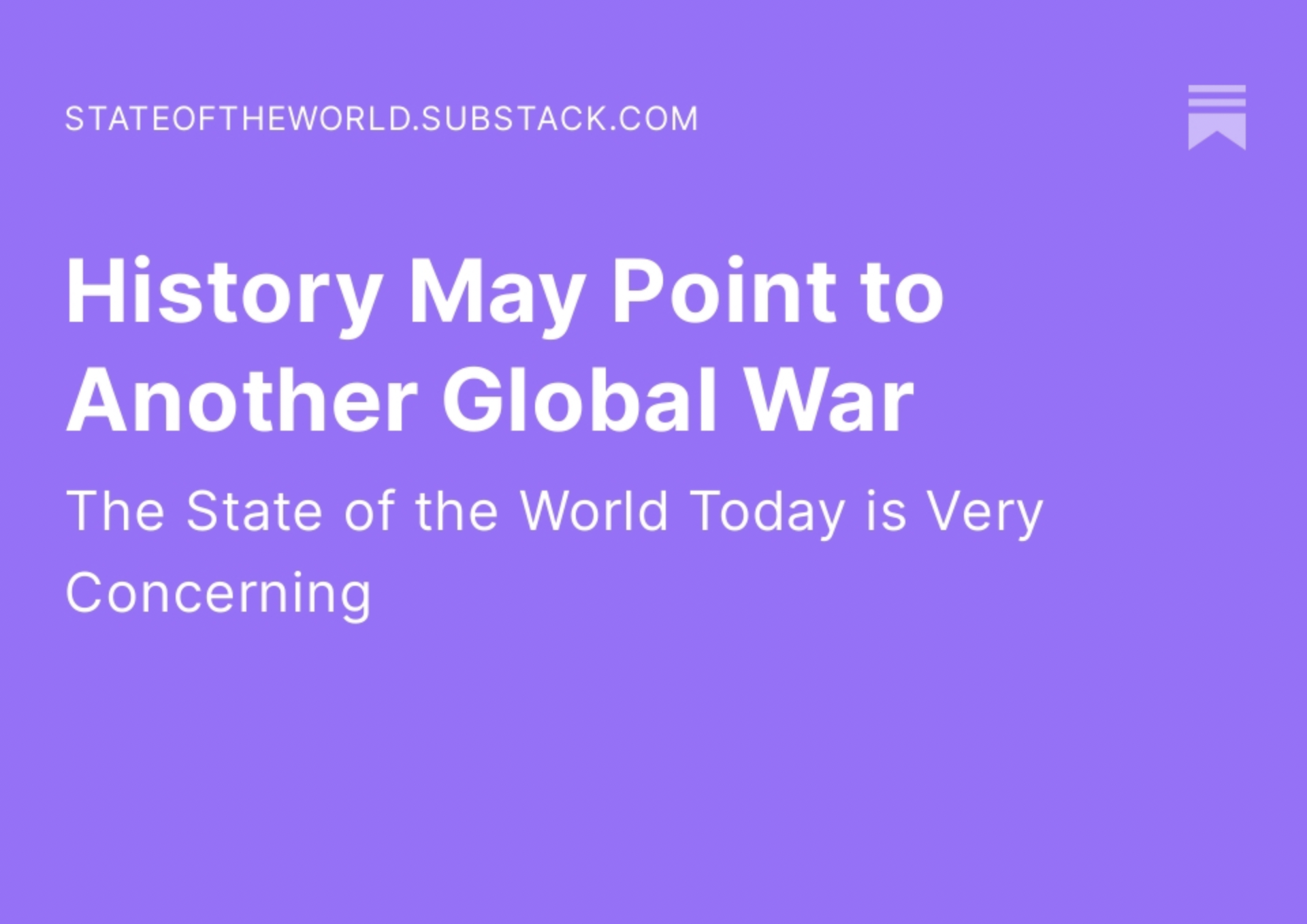
From Alcohol to Gambling: The History of Prohibition in the United States
From Alcohol to Gambling: The History of Prohibition in the United States
Image source: https://pixabay.com/photos/statue-of-liberty-new-york-statue-267948/
The United States has had a complex and fascinating history when it comes to social legislation, especially with regards to the changes through time to prohibition of various activities like drinking alcohol and gambling.
Between 1920 and 1933, Prohibition was the law of the land under the new Amendment to the Constitution which prohibited the production, transportation and sale of alcohol. Prohibition was a largely Protestant-led movement, which aimed to cure society of its social ills by removing alcohol’s influence over American communities. Many supporters of prohibition argued for the policy on moral grounds, as they believed that alcohol was responsible for a number of social issues like violence, anti-social behavior , and criminal activity. The alcohol industry therefore faced an existential threat when its trading powers were completely outlawed under the Eighteenth Amendment to the United States Constitution on January 16th, 1919. The federal ban did not in fact extend to private ownership and consumption of alcohol, however, though local laws in some states were far more stringent, with some even banning the possession of alcohol entirely.
The majority of American citizens obeyed the alcohol prohibition laws, though famously the ban led to rampant criminal activity and a prolific underground culture of ‘speakeasies,’ where illegally sourced and produced alcohol was enjoyed by large numbers of people. The argument for and against prohibition was rooted in an age-old American debate of state intervention versus individual choice. ‘Wet’ opposition to the ban argued for personal freedoms and liberties, and for the benefit of tax revenues from regulated, legal alcohol sales. In the meantime, the ‘dry’ supporters of prohibition saw it as a necessary state intervention in order to provide a solution to moral and social issues in American society.
This argument has continued to play out in various forms at federal and state level across the United States. Whether the topic of the conversation is alcohol or drugs, sex work or gambling, there has always been a tug of war between those with strongly-held conservative views on morality and how society should behave, and those who believe in the importance of individual liberty, and who argue for the benefits of regulation and taxation instead of forcing these industries underground.
There are many parallels between the alcohol prohibition of the 1920s and the current debates around gambling legislation in the United States. Gambling in the United States is legally restricted, although in many areas various forms of gambling are permitted as individual states are free to decide whether to regulate or prohibit gambling. The U.S. online casino market is a fascinating area of debate at present, despite long standing previous prohibition of gambling, many states are changing their stance around online casinos and there are some states where they are legal – though this still varies depending on the type of gambling they offer.
In May 2018, the U.S. Supreme Court overturned a longstanding federal ban and legalized sports betting across the US. New Jersey soon responded to the Supreme Court decision by passing Assembly Bill 4111, which legalized online and mobile sports betting across the state. New Jersey in particular has been at the forefront of progressive attitudes towards online gambling legislation. Other American states continue to follow in New Jersey’s footsteps, as iGaming slowly but surely establishes itself as a major facet of the U.S. economy. Businesses from around the world are looking to establish themselves on the burgeoning U.S. market, suggesting that increased tax revenue and company profit from iGaming could have a serious benefit for the American economy in the long term. Gambling in the United States is currently estimated to constitute a $240 billion industry, which employs over 1.7 million people across 40 states.
Gambling in the U.S. is therefore far more widespread and established than it used to be, though there will still be a shift in social attitudes required to make gambling access universal across the nation. There are still many outspoken critics of gambling across the political divide in the United States, as plenty of people believe gambling can lead to financial difficulties, mental health issues, higher crime rates and instances of political corruption. As a result of this, gambling law remains a contentious topic in US political debates, and the industry is far from being universally established and accepted across the nation.
The arguments for and against these highly contentious issues continue to rage on, especially in the modern age of the internet, where social issues are fiercely debated on social media. When looking at these issues through a historical lens, it is important to remember that changes to legislation are not permanent, and prohibition of various freedoms can often be reinstated as attitudes change with the political tides. Prohibition of abortion continues to divide the nation and in November of 2022, the high court in Georgia reinstated a state ban on abortion after around six weeks of pregnancy. The law had been blocked a few days previously, before dramatically coming back into effect at short notice, causing chaos and confusion amongst medical providers in the state. The quick turnaround on this prohibitive law shows how quickly things can change, especially in a nation still processing the Supreme Court decision to overturn Roe v. Wade back in June of 2022. Those in favor of such extreme abortion restrictions tend to argue that termination of pregnancy is immoral, whilst others argue that women should always have the right to choose and to access safe abortion.
It’s clear to see there are plenty of issues today which are as controversial as the prohibition of alcohol was back in the 1920s. In the present day, alcohol can now be sold across all U.S. states – typically to those who are over the minimum purchase age of 21. Perhaps in the coming years, other prohibitive laws will be similarly eased, as we can see with the increasingly permissive legislation of gambling and online casinos. However, as Georgia’s recent abortion legislation shows, laws can very quickly become stricter and landmark decisions can be reversed. The United States certainly continues to have a complex political divide when it comes to federal and state prohibition.

